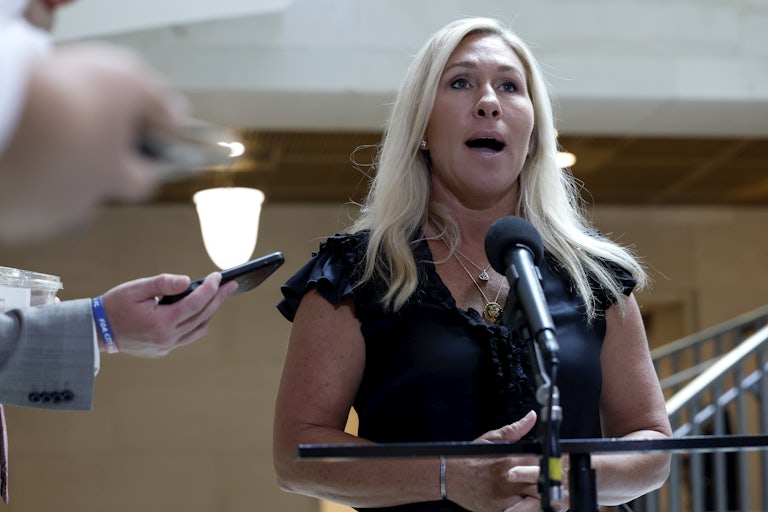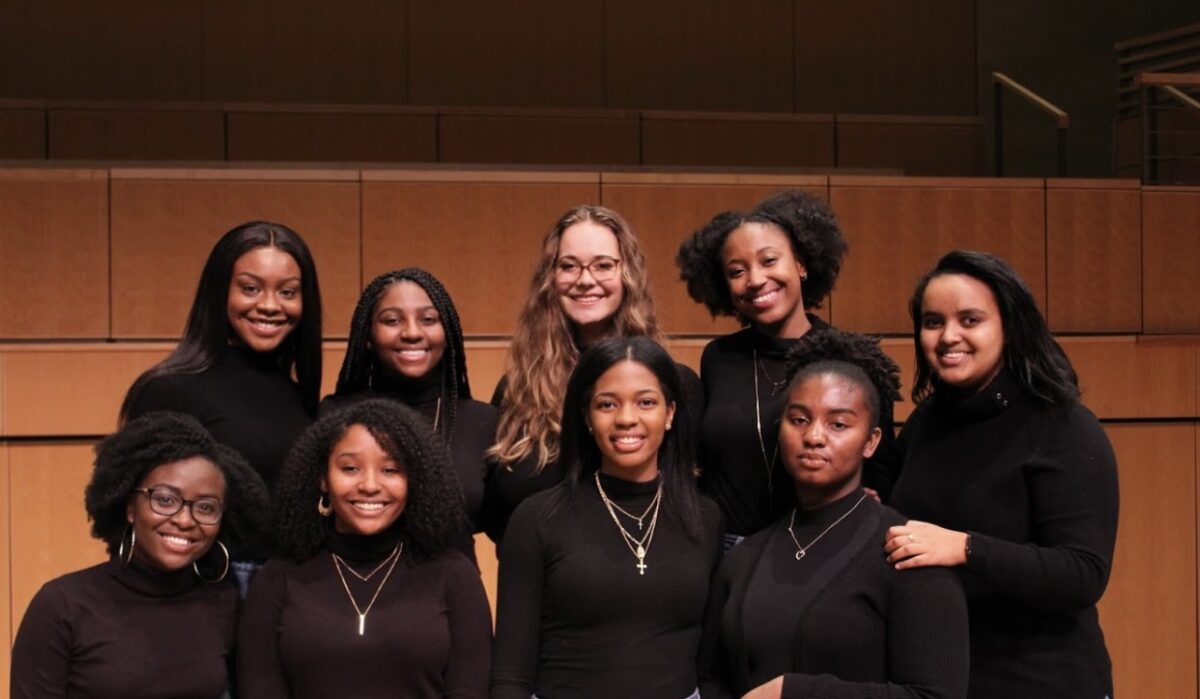Ad blockers don’t stop cookie pop-ups but this browser extension will
I flew to England last year, and boy were my arms exhausted! Weary of clicking by way of cookie pop-ups on every site I frequented, that is.
Absolutely you know what I’m talking about: those banners or pop-ups that often surface, unbidden, when you go to a website you have by no means been to just before. They’re intended to notify you that a web page is monitoring you utilizing very small parts of code referred to as cookies and give you a way to refuse those people cookies, as expected by legislation in selected destinations (England, for occasion). What the pop-ups commonly do is notify you the site you’re browsing uses cookies to give you a superior practical experience but you can — and then at this place you have almost certainly stopped looking through the high-quality print and just hit the major bright button that says “ACCEPT” because you don’t have time for this. Now you’ve carried out just what the web page wishes you to do: agreed to be tracked.
“You’re forced to invest surplus time acquiring to have interaction with this point, to hunt and locate the setting that you might want is just quickly available to you,” Jennifer King, privacy and information plan fellow at the Stanford College Institute for Human-Centered Synthetic Intelligence, told Recode. “They are aggravating.”
If you are unwell of it becoming such a chore to preserve your privacy, I have some superior information for you: There are techniques to reject cookies and block all those pop-ups from appearing at all. A new a single, called In no way-Consent, was introduced nowadays. It will come to us from Ghostery, which specializes in privacy-centric website equipment. If it does as Ghostery promises, it will make preserving your privacy as easy and speedy as it is to simply click “accept” on these pop-ups now. The price tag will be the “personalized” encounter that marketers say their cookies deliver.
Even though some cookies are essential for a web page to function and do, in point, make your encounter greater, a large amount of them are merely there to observe you across the world wide web and obtain data about you, usually by firms you had no strategy were being embedded in that web-site in the 1st place. The European Union’s Normal Details Safety Regulation (GDPR) was intended to notify customers that they have been getting tracked and give them a way to decide out of that tracking.
GDPR is well-that means in concept. But in practice, lots of firms have perverted the policies to give us these deceivingly worded banners that no one particular understands and every person hates. If you are on the lookout for illustrations of darkish designs, or styles meant to manipulate men and women into undertaking or picking out specific things, you can typically uncover them in your nearest cookie consent pop-up.
“They make it seriously tremendous simple to click on the button that claims ‘Yes, I accept all varieties of monitoring,’ and they make it tremendous tricky to say no,” said Harry Brignull, who coined the phrase “dark patterns” and tracks them on his site. “For case in point, possibly they’ll have a maze of menus and dozens of issues to simply click on distinctive webpages. None of this stuff definitely requirements to exist — its only intent is to trick you or frustrate you into offering up and just clicking the major shiny take button.”
You might have seen that a ton of US-primarily based sites have them, way too. Perhaps you have also seen that many extra of them have included banners in the past number of several years. Which is possibly for the reason that of the California Shopper Privateness Act (CCPA), which took outcome in the starting of 2020. CCPA suggests websites will have to at minimum convey to users that they’re currently being tracked. Unlike GDPR, it doesn’t call for web-sites to give end users an solution to reject cookies except the customers are less than 16 decades old. Instead than check out to determine out the appropriate information — which site visitors are teenagers and which are adults, which users are Europe-dependent and which are not, and which people are in California and which are not — lots of sites have just long gone with an decide-in consent banner to cover their bases. And then most of them make rejecting cookies the route of most resistance.
That’s the place Never-Consent arrives in. It both equally blocks pop-ups and rejects cookies immediately. Never ever-Consent will be added to Ghostery’s browser extension in the coming months. All you have to do is put in the extension and it will do the get the job done for you, the business says.
Krzysztof Modras, director of engineering and solution at Ghostery, stated that the company essentially appeared at about 100 existing cookie consent frameworks and figured out a way to mechanically reject and block them. The Interactive Promoting Bureau Europe’s framework, for example, is on about 80 p.c of European web sites, but it was also recently uncovered to be in violation of the GDPR. (Oops!) That usually means there may be some web-sites that slip by if they’re not using a 3rd-celebration cookie consent system known to Ghostery. But users can report those internet sites to Ghostery, and those people frameworks will be included.
There are a number of other extensions you can check out that do some thing comparable to By no means-Consent. If you do not want to trouble with getting and putting in browser extensions — and Brignull details out that browser extensions and the organizations that make them can also be monitoring you, so be very careful whom you believe in — you can normally use a browser that blocks monitoring cookies by default. At this level, practically all of them do other than Chrome, which is by much the most well known and also produced by a firm with a vested desire in monitoring you across the online, which is definitely a coincidence.
There is also Worldwide Privateness Control, which instantly tells internet sites not to provide or share a user’s info. But GPC isn’t readily available on all browsers (Chrome and Safari, most notably), and web-sites are only compelled to regard it for California’s customers, for each the CCPA. The United Kingdom is doing the job on ways to get rid of cookie pop-ups and exchange them with a browser-primarily based tool as nicely. Ghostery’s extension blocked third-bash cookies right before In no way-Consent. But now you’ll also be equipped to actively notify people sites you really don’t want to be tracked in addition to passively blocking their cookies.
“I believe the significant photo is that it is crucial to have a instrument that not only blocks these issues but actively sends a no consent back again to the publishers,” Jean-Paul Schmetz, CEO of Ghostery, claimed.
How considerably does that really subject to sites that deploy pop-ups intended to confuse and annoy you into submission? I’m not so confident. In particular if, like me, you reside in a put that doesn’t have privacy regulations requiring companies to regard your tastes. But at the very the very least, it’ll give you a perception of advocating for on your own.
Just really don’t consider that your days of bothersome pop-ups or currently being tracked are over endlessly. Organizations are using them more and a lot more to really encourage you to indication up for newsletters and internet marketing emails. That is their way of nevertheless collecting data about you now that cookies are on their way out. As we’ve found from the proliferation of cookie pop-ups, organizations are generally searching for — and will probable uncover — a new way to observe you as their current way will get shut down.







